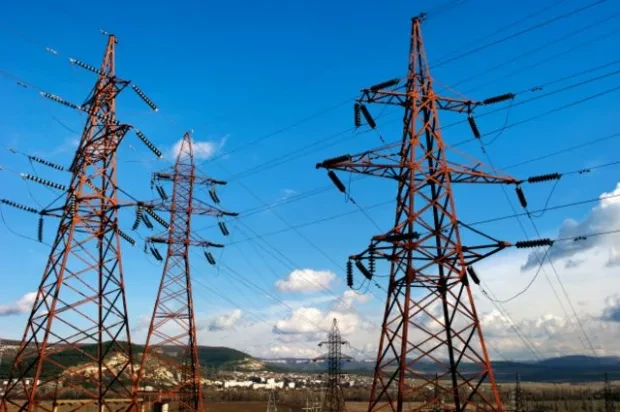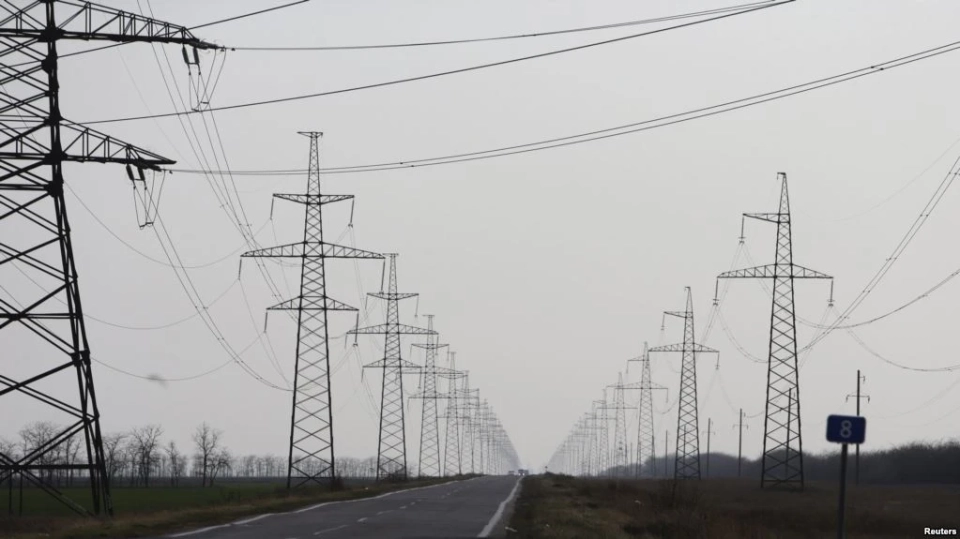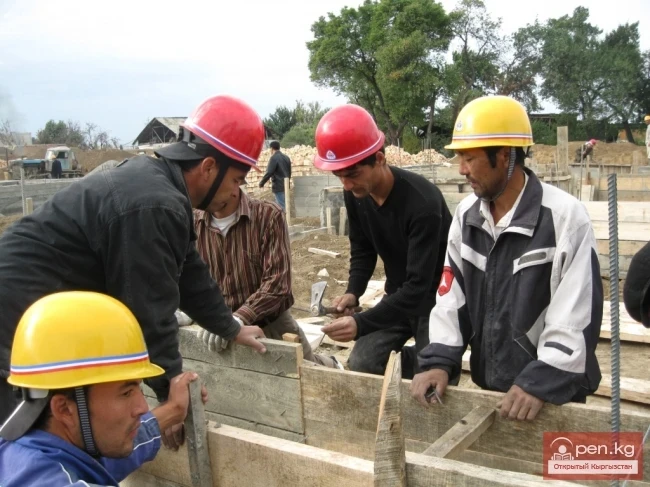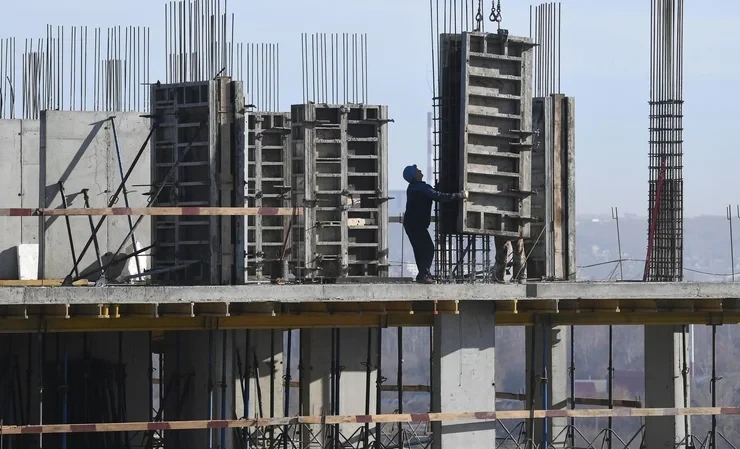
Kyrgyzstan has achieved significant success in the construction sector, becoming a leader among the countries of the Eurasian Economic Union. This is due to the growth of both domestic and foreign investments, which is an indicator of the country's economic progress. Construction plays a key role in the gross domestic product, and it is necessary to continue supporting the sustainable development of this sector. According to data at the end of the first nine months of 2025, the pace of construction work increased by 169% compared to the same period last year, and it is expected that this figure will improve further by the end of the year.
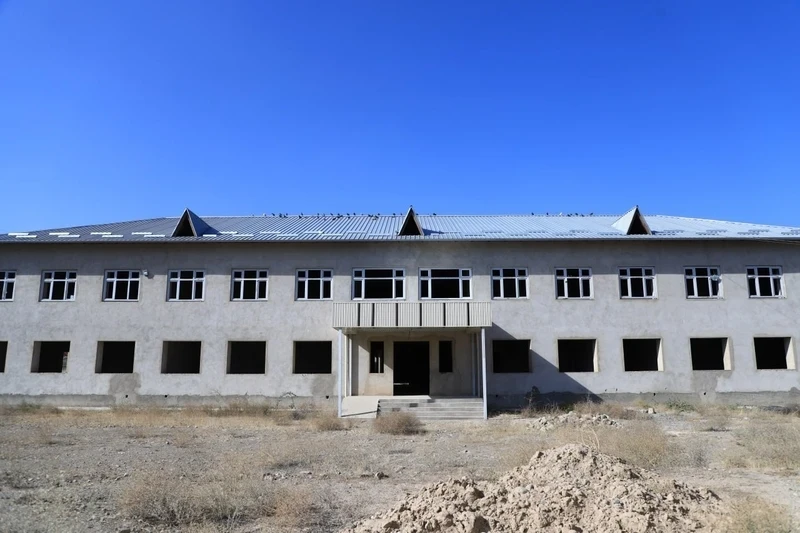
— Which areas of construction are currently developing the most actively?
— Currently, construction covers all sectors, and there is noticeable growth. The main focus is on residential construction, which has become a priority area. In second place is the construction of industrial facilities. This year, at the request of the president, it is planned to put into operation more than 100 industrial facilities. Most of them are already operational, and the remaining ones will be completed by the end of the year.
As of the end of the first nine months of 2025, over 1.5 million square meters of housing have been commissioned, and by the end of the year, this volume is expected to increase to 2.5 million square meters.
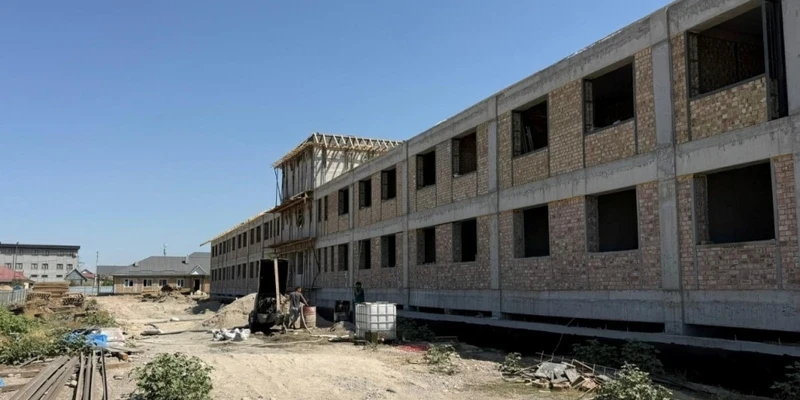
— Currently, there is enough labor force. Thanks to the policies being implemented, workers from China, India, and Bangladesh are being attracted to the country. Previously, Kyrgyzstan exported labor, but now it has become a labor-importing country. In addition, many labor migrants are returning home and actively participating in construction. As for wage levels, they have become comparable to those in Russia, which positively affects the return of migrants, allowing them to work close to their families and without security threats. Laws have also been developed to protect workers' rights, ensuring their labor rights.
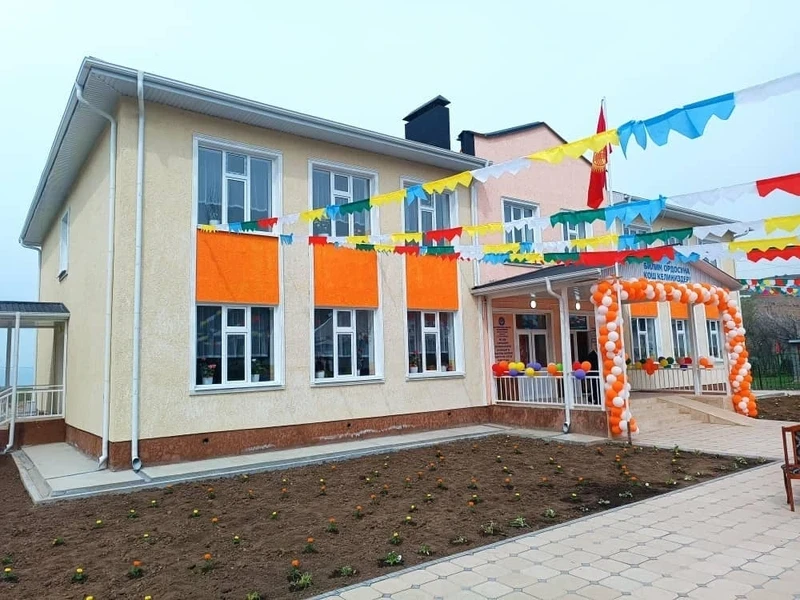
— In total, more than 200 social facilities are planned to be put into operation by the end of this year. More than 150 of them have already been completed, and over 50 facilities will open by the end of the year. This includes new buildings as well as capital repairs and reconstructed facilities. We strive to increase these figures annually: last year, 170 facilities were commissioned, and this year there are already more than 200. Next year, we plan to achieve even higher results.



